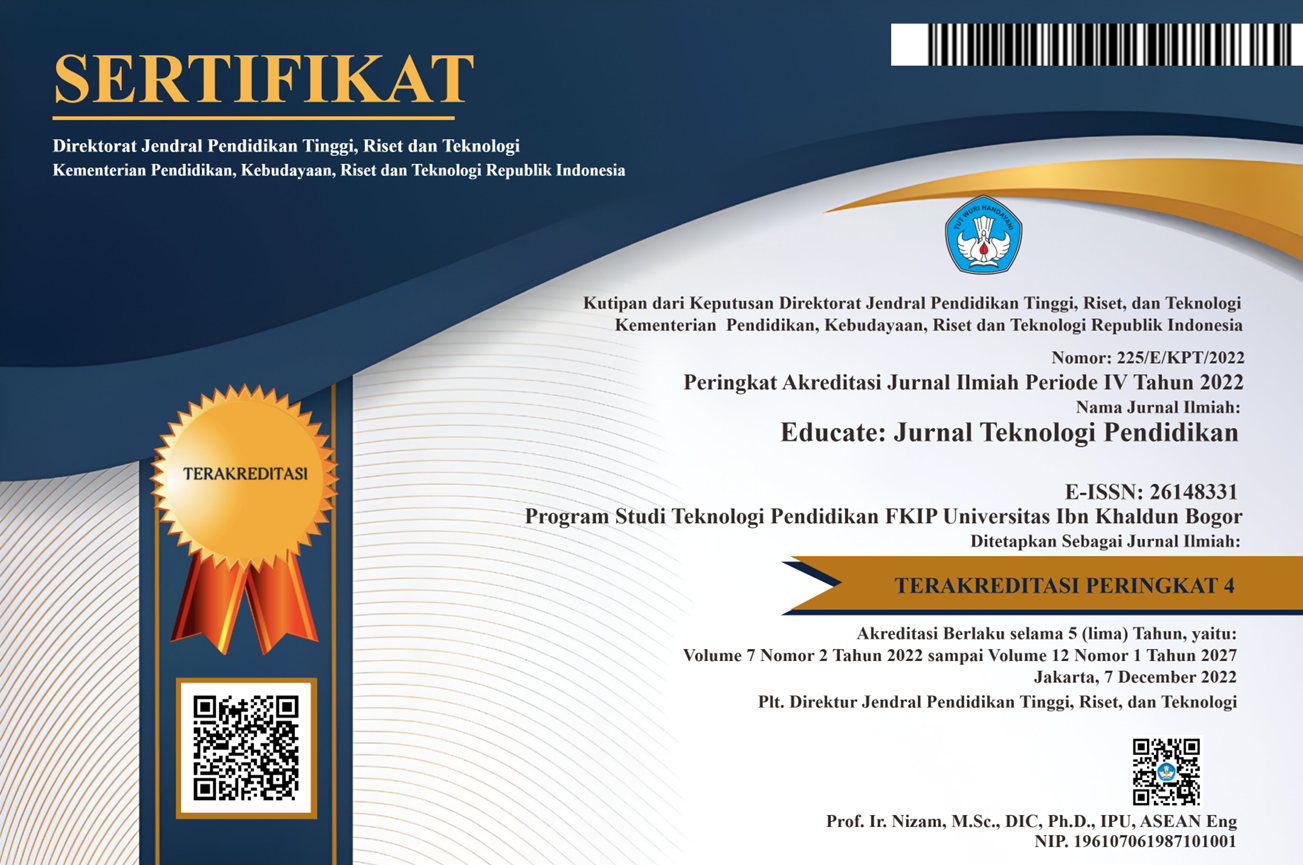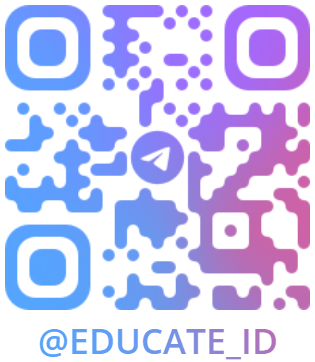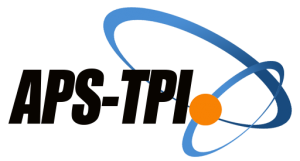“CREATIVE ADOBE DESIGN” FLIP BOOK-BASED TEACHING MODULES IN INTERACTIVE MULTIMEDIA
DOI:
https://doi.org/10.32832/educate.v8i02.14199Keywords:
Flipbook, Multimedia, Teaching Module, ADDIEAbstract
At the higher education level, several lecturers still apply hybrid learning so that the learning process can run smoothly and the material is absorbed. Developments and advances in technology in the field of multimedia demand that teaching materials in interactive multimedia courses continue to be updated to keep up with user demands; therefore, it is necessary to update teaching materials. The aims of this study are 1) to design flip book-based teaching modules, 2) to test the feasibility, and 3) to seek user response. The development research method was used in this study by applying the ADDIE model, and the subject consisted of 2 expert judgments in the media field, two expert judgments in the material field, and 15 respondents who came from students. Data collection techniques were carried out through interviews and questionnaires. Based on the feasibility assessment by material experts, an average of 86.25% was obtained in the very feasible category, due diligence by media experts obtained a result of 82.5% in the very feasible category, and based on responses from users, an average of 92.2% was obtained in the very high category. This shows that this interactive multimedia teaching module can foster learning motivation and make it easier for students to understand interactive multimedia material, and it can help students in making interactive multimedia products
References
Ariawan, R., Herlina, S., & Istikomah, E. (2022). Pengembangan Modul Ajar dengan
Model Problem Based Learning Berorientasi Kemampuan Pemecahan
Masalah. GAUSS: Jurnal Pendidikan Matematika, 5(1), 71-82
Aspi, M., & Syahrani, S. (2022). Profesional Guru Dalam Menghadapi Tantangan
Perkembangan Teknologi Pendidikan. Adiba: Journal of Education, 2(1), 64-
Fauziah, A., & Wulandari, S. S. (2022). Pengembangan E-Modul Berbasis Flipbook
untuk Pembelajaran Materi Ruang Lingkup Administrasi
Kepegawaian. Edukatif: Jurnal Ilmu Pendidikan, 4(2), 2202-2212
Ganovia, P., Sherly, S., & Herman, H. (2022). Efektivitas Hybrid Learning dalam
Proses Pembelajaran untuk Siswa Kelas XI SMA Kalam Kudus
Pematangsiantar. Jurnal Pendidikan Tambusai, 6(1), 1478-1481.
Gunawan, I., & Wahyudi, A. V. (2022). Kajian General Education dalam Menghadapi
Era Revolusi Industri 4.0. Edueksos: Jurnal Pendidikan Sosial dan
Ekonomi, 11(1).
Humairah, E. (2022). Penggunaan Buku Ajar Elektronik (E-Book) Berbasis Flipbook
Guna Mendukung Pembelajaran Daring Di Era Digital. Prosiding Amal Insani
Foundation, 1(1), 66-71
Husnawati, Z., & Safitri, N. D. (2022). Pengembangan E-Modul Interaktif Sebagai
Bahan Ajar Berbasis Tutorial pada Mata Kuliah Multimedia di Masa Pandemi
Covid-19. Jupiter (Jurnal Pendidikan Teknik Elektro), 7(1), 1-9.
Istiqomah, I., Masriani, M., Rasmawan, R., Muharini, R., & Lestari, I. (2022).
Pengembangan E-Modul Flipbook IPA Berbasis Problem Based Learning
pada Materi Pencemaran Lingkungan. Jurnal Basicedu, 6(5), 9156-9169
“Creatif Desain Adobe” Modul Ajar Berbasis Flip Book Pada Mata Kuliah Multimedia Interaktif
Educate, Vol. 8, No. 7, Juli, 2023 147
Kadek, S. N., Ngurah, J. I. G., & Ketut, G. I. (2022). Pengembangan Media Video
Pembelajaran Tri Hita Karana Untuk Meningkatkan Daya Serap Siswa Kelas
V Sekolah Dasar. MIMBAR PGSD Undiksha, 10(3)
Kholisho, Y. N. (2017). Pengembangan Modul Pembelajaran Multimedia untuk
Meningkatkan Minat dan Pemahaman Konsep Mahasiswa Prodi Pendidikan
Informatika. Edumatic: Jurnal Pendidikan Informatika, 1(1), 17-23.
Kholisho, Y. N., & Marfuatun, M. (2020). Daya Serap Pelaksanaan Mata Kuliah
Kependidikan di Tengah Pandemi Covid-19. Edumatic: Jurnal Pendidikan
Informatika, 4(1), 131-140.
Mardiana, R., & Harti, H. (2022). Pengembangan E-Modul Berbasis Flipbook untuk
Meningkatkan Pemahaman Siswa SMK pada Materi Hubungan dengan
Pelanggan. Edukatif: Jurnal Ilmu Pendidikan, 4(4), 5062-5072
Maulida, U. (2022). Pengembangan Modul Ajar Berbasis Kurikulum
Merdeka. Tarbawi: Jurnal pemikiran dan Pendidikan Islam, 5(2), 130-138
Pakpahan, I. P., Selegi, S. F., & Syaflin, S. L. (2022). Pengembangan E-Modul
Berbasis Flipbook Materi Bumi Dan Alam Semesta Pada Pembelajaran IPA
Kelas VI SDN Sukakarya. BADA'A: Jurnal Ilmiah Pendidikan Dasar, 4(2), 240-
Ramadhina, S. R., & Pranata, K. (2022). Pengembangan E-Modul Berbasis Aplikasi
Flipbook di Sekolah Dasar. Jurnal Basicedu, 6(4), 7265-7274
Setiyo, E., Zulhermanan, Z., & Harlin, H. (2018). Pengembangan Media
Pembelajaran Berbasis Flash Flip Book pada Mata Kuliah Elemen Mesin 1 di
Program Studi Pendidikan Teknik Mesin Universitas Sriwijaya. INVOTEK:
Jurnal Inovasi Vokasional Dan Teknologi, 18(1), 1-6
Simatupang, H., Purnama, D., & Simatupang, Z. (2020, February). The Development
of Best Practice Handbook Learning Strategy Based on Flip Book to Support
Blended Learning Processes. In Journal of Physics: Conference Series (Vol.
, No. 1, p. 012014). IOP Publishing
Taraju, A. R., Nurdin, N., & Pettalongi, A. (2022). Tantangan dan Strategi Guru
Menghadapi Era Revolusi Industri 4.0. Prosiding Kajian Islam dan Integrasi
Ilmu di Era Society (KIIIES) 5.0, 1, 311-316.
Tunggawardhani, D., & Susanti, S. (2022). Pengembangan Bahan Ajar E-Modul
Interaktif Berbasis Flipbook pada Materi Pajak Penghasilan (PPH) Pasal
Edukatif: Jurnal Ilmu Pendidikan, 4(3), 4638-4650.
Wut, T. M., Xu, J., Lee, S. W., & Lee, D. (2022). University student readiness and its
effect on intention to participate in the flipped classroom setting of hybrid
learning. Education Sciences, 12(7), 442.
Yulaika, N. F., Harti, H., & Sakti, N. C. (2020). Pengembangan Bahan Ajar Elektronik
Berbasis Flip Book Untuk Meningkatkan Hasil Belajar Peserta Didik. JPEKA:
Jurnal Pendidikan Ekonomi, Manajemen Dan Keuangan, 4(1), 67-76
Downloads
Published
How to Cite
Issue
Section
License
Copyright (c) 2023 Yosi Nur Kholisho, Marfuatun, Kholida Ismatulloh

This work is licensed under a Creative Commons Attribution 4.0 International License.
| Authors grant the journal copyright of the work licensed under CC-BY-SA or The Creative Commons Attribution–ShareAlike License that allows others to share the work with an acknowledgement of the work's authorship and initial publication in this journal. | Penulis memberikan hak cipta karyanya kepada jurnal yang dilisensikan dengan CC-BY-SA or The Creative Commons Attribution–ShareAlike License yang memungkinkan orang lain untuk menggunakan karya dengan pengakuan kepengarangan karya dan publikasi awal dalam jurnal ini. |









